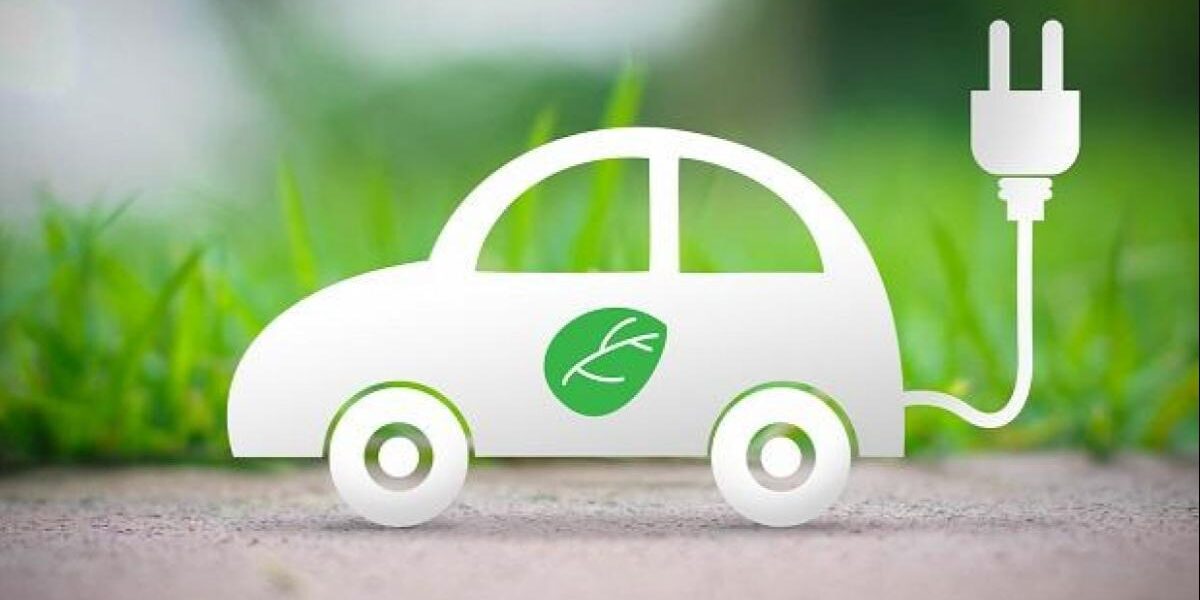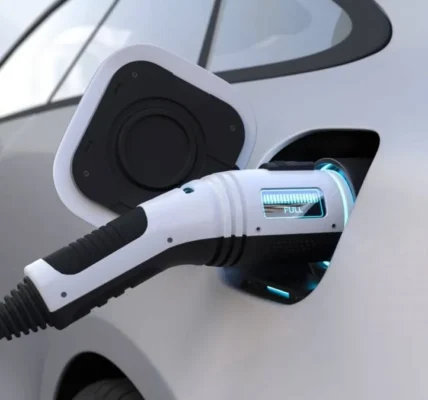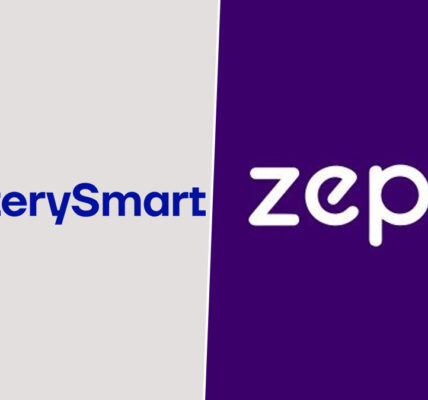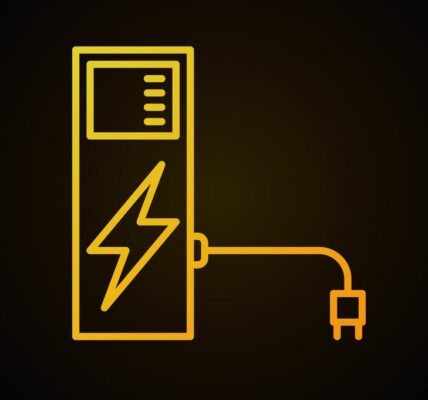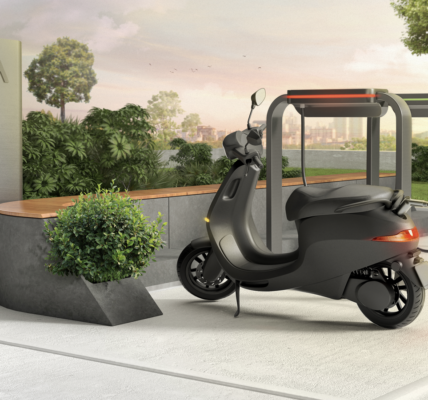To complement the Faster Adoption and Manufacturing of Electric Vehicle II (FAME II) policy, the government of Maharashtra has announced the new Maharashtra EV Policy 2021. The new EV policy looks to accelerate the adoption of electric vehicles in the state. The state government hopes to achieve an overall target of 10% vehicle registrations to be battery electric vehicles by 2025. The expectations are from all sectors, be it two-wheeler, three-wheeler, four-wheeler as well as the transport sector.
Maharashtra EV Policy 2021 – The Aim
Among the overall 10%, further segregation the state is aiming for each sector involves 10% of all two-wheelers registrations to be EVs. Along with 20% for three-wheelers, 5% for passenger cars and 25% for fleet operators and public transport sector by 2025. MSRTC is also looking to covert 15% of its bus fleet to new electric models. Additionally, from April 2022, all new government vehicles used within the major cities would also be converted to electric vehicles.
The state is also looking to develop charging infrastructure. It aims to set up at least one public charging station in every three square kilometres, or to have 50 charging stations per million population. In addition to a charging station at 25 km intervals on both sides of highways.
Maharashtra EV Policy 2021 – The incentives
For early adopters in the state, the policy will include fiscal incentives capped at a maximum number of vehicles for each sector this year. This would include two-wheelers, three-wheelers, four-wheelers and transport sectors. The incentive rate is set at Rs 5000/kWh.
For the first 1 lakh EV two-wheelers, a maximum incentive of Rs 10,000 will be offered per vehicle. For EV four-wheelers (passenger cars), the first 10,000 adopters will receive incentives up to Rs 1.5 lakh per vehicle. A detailed list is provided below, however, further information on how they will be implemented is yet to be seen. The incentives would be limited to EV purchases made before December 31, 2021, with the exclusion of e-buses.
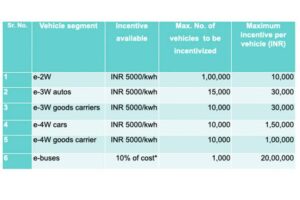
Additionally, financial institutions would be encouraged to offer preferential interest rates for electric vehicles for e-autos, goods carriers, and taxis. While a segment-wise scrappage incentive is also to be rolled out. All of this cumulatively means that prices of electric vehicles will see a drop and acquiring them would get easier still.
To help develop the charging infrastructure, the state of Maharashtra will also incentives to those who set up charging stations. The government will incentivize 60% of the cost for 15,000 slow charging stations in the state. While also incentivising 50% of the cost to set up 500 moderate to fast-charging stations. However, the charging station would only be eligible for incentives after it is fully operational.
Under the new proposed regulations, service providers will also be allowed to install charging stations according to their business model. Urban local bodies would be asked to support by providing property tax rebates to residential owners for installing private charging infrastructure as well.
Furthermore, under the Maharashtra EV Policy 2021, it would also provide additional incentives to OEMs who offer a minimum 5- year warranty for batteries, and also buy back offers for vehicles up to 5 years of age at a maximum deprecation rate of 7.5%/year.
Other objectives of the new Maharashtra EV Policy include a target to establish at least one Gigafactory for manufacturing of ACC batteries in the state, promote research and development, innovation, and skill development across the EV ecosystem and make Maharashtra India’s top producer of BEVs in terms of annual production capacity.


